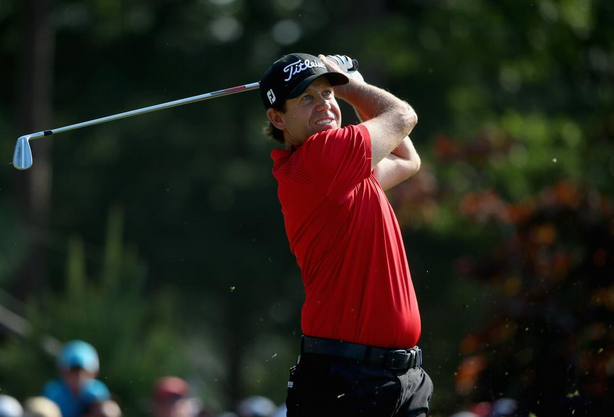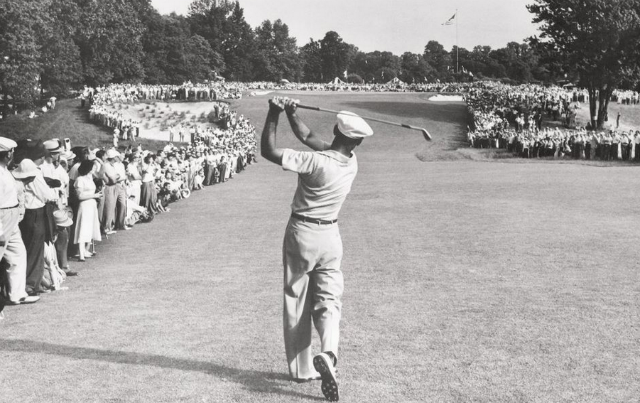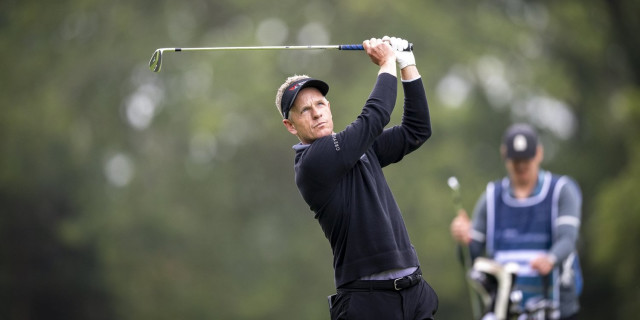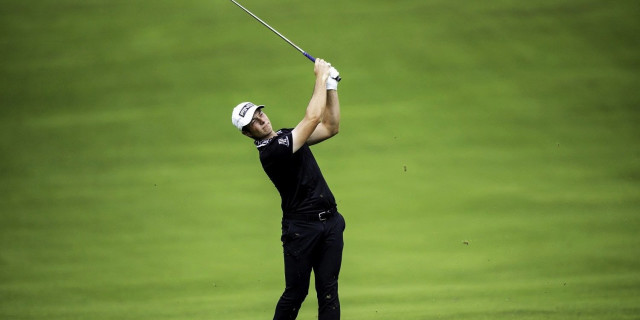
5 Great Golfing Comebacks
Post by Golf Journalist Nick Bonfield
On Thursday morning in the UK, golf fans woke up to the news that Tiger Woods had taken a leave of absence from the PGA Tour. Many media outlets started sensationalising the story, and numerous opinion pieces appeared asking whether this new development signified the end of Woods’ career. The truth is that these journalists have blown the 39-year-old’s statement out of proportion. “My play, and my scores, are not acceptable for tournament golf. I enter a tournament to compete at the highest level, and when I think I’m ready, I’ll be back,” he said. It’s understandable, given the fact he seems to be constantly withdrawing for events, that such pieces have surfaced. Woods says he’d like to play in the Honda Classic, a tournament that takes place in a couple of weeks, and ‘expects to be back very soon’. That doesn’t sound catastrophic to me.
He’s undoubtedly going through the most turbulent period of his distinguished career, though. When a 14-time major champion doesn’t think he’s capable of making a cut, alarm bells do start ringing. But I’m not prepared to write him off just yet. He’s arguably the greatest player to have ever picked up a club and one of the most incredible fighters the game has ever seen. Golfing history is littered with examples of people who have come back from potentially career-destroying slumps, so perhaps the following five examples will provide some inspiration to Woods…..
Steve Stricker
Steve Stricker joined the PGA Tour in 1994. In 1996, he won twice on the circuit and he notched seven top-10 finishes en route to a 4th-place on the Money List. Between 1998 and 1999, he recorded three top 5s in Major Championships, and a 2&1 victory over Pierre Fulke in the 2001 Accenture Matchplay final gave him his first World Golf Championship. Little did he know a debilitating slump was just around the corner. After a couple of years of poor form, he lost his card for the 2004 season and dropped to 372nd in the world that year. He considered abandoning the game, but re-gained his card for the 2007 and won his first PGA Tour title for 11 years at The Barclays that year. He reached world number 2 in September and, to date, has won nine times since he considered giving up golf for good.
Erik Compton
Featured Content

At the age of nine, Erik Compton found out his heart wasn’t pumping as it should be – a condition known as viral cardiomyopathy. Three years later, at the age of just 12, he underwent heart transplant surgery for the first time. He graduated from the University of Georgia in 2001 and played on the second-tier Nationwide Tour in 2007. Sadly, he was forced to have another heart transplant the following year, with his future golfing career hanging in the balance. His rehabilitation went well, however, and he earned conditional status for the Nationwide Tour for the 2011 season. That year, he won the Mexico Open and earned his PGA Tour playing privileges for the following season. He’s yet to win on America’s top-tier circuit, but a second-place finish at the 2014 US Open earned him an invite to the 2015 Masters Tournament. To date, he’s accrued more than $3m with his third heart.
Henrik Stenson
Henrik Stenson didn’t just haul himself back from they abyss once, but twice. In May 2001, he breached the world’s top 100 for the first time after victory in the Benson and Hedges International Open, and reached 73rd in November that year. After that, it all went horribly, horribly wrong. In 2002, he ranked outside the top 150 on the European Tour in Stroke Average, Driving Accuracy, Greens in Regulation and Putts Per GIR. By June 2003, he’d plummeted to 548th in the world.
But the amiable Swede always believed in his ability, and forced his way back into the world’s top 50 in September 2005 – where he stayed until December 2010. Sadly, he then lost the ability the hit the ball in the fairway and dropped back down to 230th in February 2012. Despite another dreadful loss of form, no one was surprised when he bounced back once again. Since November 2012, he’s won five times, claimed the PGA Tour’s FedEx Cup (2013), played a starring role in a Ryder Cup, challenged in majors and reached world number two.
JB Holmes
JB Holmes joined the PGA Tour in 2006 and recorded his first victory at the FBR Open that February. Between then and 2010, he reached world number 42, claimed another title and represented the USA in the 2008 Ryder Cup. The Kentuckian started feeling vertigo symptoms in 2011 and withdrew from the PGA Championship in August following a first-round 80. He underwent brain surgery to address structural defects in the cerebellum and was forced to go under the knife again a month later after doctors discovered he was allergic to the adhesive used on the titanium plate in his skull.
He returned in 2012, but injured his ankle in a rollerblading incident, which required surgery. While sidelined, he also decided to have an elbow operation to address a separate issue. He still had status on the PGA Tour through a medical exemption, and earned his full playing privileges until the end of the 2016 season with a victory over a world-class field at the 2014 Wells Fargo Championship. Four operations in less than two years couldn’t keep him down.
Ben Hogan

Ben Hogan’s story is arguably the most remarkable of the lot. In 1949, he was driving in Van Horn, Texas when a Greyhound bus collided head-on with his vehicle. He jumped across to attempt to shield his wife, Valerie, and would have died had he not, as the steering column pierced the driver’s seat. He fractured his pelvis, collar bone and left ankle, chipped a rib and suffered near-fatal blood clots – something that would affect the rest of the playing career, cause spells of dizziness and tiredness and restrict him to a limited schedule. Some 18 months later, he won the US Open at Merion, the first of six major titles after his accident.
Image Credit - BBC Twitter (Erik Compton) & Ben Hogan facebook Page

Be part of the action with a selection of unique golf tournament experiences, from playing in a pro-am with the stars to watching the action at golf’s most illustrious events. Whether it’s the Masters or The Open, The Ryder Cup or WM Phoenix Open, build your own bespoke package with the experts at Golfbreaks.com.
Tags: JB Holmes Henrik Stenson Erik Compton









